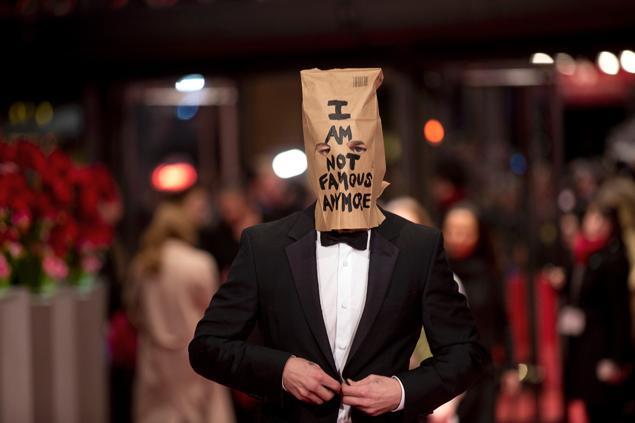
Shia LeBeouf
In a recent article in The New Yorker, Richard Brody asked whether method acting is destroying actors, citing the late Phillip Seymour Hoffman, Joaquin Phoenix and Shia LeBeouf (pictured) as examples.
Brody argued that the act of linking experiences and emotions from our own lives with those of a character, and playing a character by imagining a filled-out life and becoming the part “asks too much of performers”.
We wanted to address this issue with our readers and students, and ask; is the depth and authenticity of Strasberg’s school of method acting too much for actors?
The Method in Extremes
The Method has produced some of the greatest performances on stage and screen living memory. The act of delving into our deepest emotions of a character, to live and breathe their backstory and persona, and feel what they feel has produced authentic, powerful and hard-hitting performances.
80% of Best Actor Oscars have been awarded to method actors.
Method acting has become defined, therefore, by the high profile, well-publicised interpretations of some Hollywood actors.
We are familiar with how Adrien Brody prepared for The Pianist by practicing piano for four hours a day, how Robert De Niro and Joe Pesci lived and trained together for three months in the lead up to Raging Bull or Daniel Day Lewis’s unique approach to role preparation.
In the premature deaths of celebrated method actors like Phillip Seymour Hoffman and Heath Ledger, and the bizarre or unusual behaviour in public and private of the likes of Shia LeBeouf and Joaquin Phoenix, critics have found reason to criticise the Method. They have said that excavating painful memories or experiences from their past to fill out a character is damaging to actors, and had a part to play in their downfalls.
“Heath refused to talk to anyone out of character. If you tried to communicate with him normally instead of The Joker, he would just ignore you”
Christopher Nolan on Heath Ledger in The Dark Knight
Becoming The Part
“Brando’s performances revolutionized American acting precisely because he didn’t seem to be “performing”, in the sense that he wasn’t putting something on, as much as being”
The Method is a set of tools, which accomplished actors must learn to master. It allows you to, for a brief time, become the character. As long as you can compartmentalise, and affectively harness the tools of the Method, there is clear value in disappearing into a role. There is a danger, though, in taking it to extremes.
If you would like to know more about Method acting, why not read my book? It is the first step-by-step guide to method acting.

